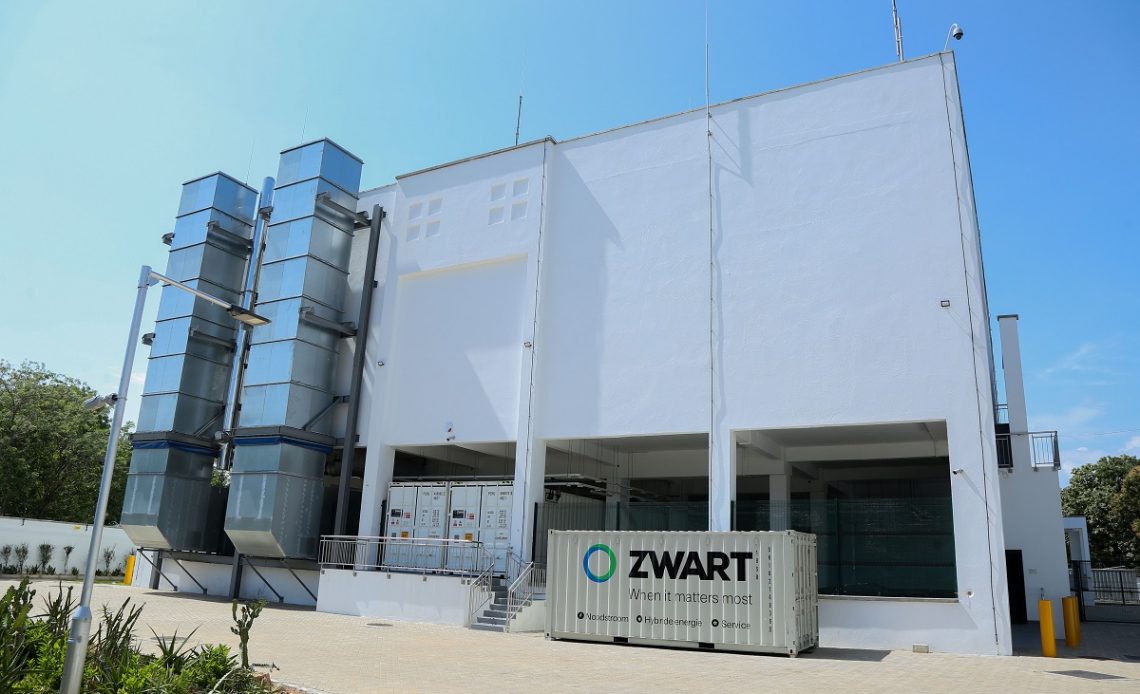
By Christopher Saul, Territory Sales Lead for East Africa at Red Hat
Earlier this year, Kenya Electricity Generating Company PLC (KenGen) and the Konza Technopolis Development Authority (KoTDA) broke ground on the Ecocloud Data Centre, touted as Africa’s first data centre fully powered by geothermal energy. It’s an exciting development: as Kenya embraces clean energy – 92% of the country’s generating capacity comes from renewable sources – essential IT infrastructure is becoming more sustainable.
In Kenya, multiple legal frameworks and policy initiatives are driving environmental, social, and governance (ESG) market trends, and investors are beginning to factor ESG and future sustainability issues into their decision-making. This focus on sustainability coincides with Kenya’s business digitalisation reaching a new high. More enterprises are investing in IT and digital solutions to help transform their business activities, which is made possible through investments in our data centres and cloud computing adoption.
Despite what many may think, sustainability and digital transformation are far from incompatible. We already have examples of their intersection, and we can build on them to become a continental leader in sustainable IT – minimising the negative environmental impact of IT operations – and other business practices.
The clouds are gathering
Kenya’s data centre industry is forecasted to grow at a compound annual growth rate (CAGR) of 11.22%, with over $350 million, in investment, by 2028. Our market shows promise due to its strategic location. Kenya’s digital economy is growing, thanks to improved internet connectivity and access, with a growing broadband user base that is driving demand for colocation services and optimising intra-African traffic flows. This helps to reinforce our digital capabilities in Africa and our participation in the global digital economy.
But, as demonstrated by the Ecocloud Data Centre, sustainability is beginning to play a major role in the industry’s journey. Sourcing energy from renewable sources is a giant step forward for an energy-hungry industry. In 2022, estimated global data centre electricity consumption was 240-340TWh, around 1-1.3% of global electricity demand.
However, sourcing renewable energy is only one component of an effective sustainability strategy. If we really want to differentiate Kenya as a future-ready, digital powerhouse, enterprises, and the vendors that form part of their value chains, should take a wholesale approach to sustainable IT.
ESG and its business potential
ESG frameworks serve the very important purpose of assessing an organisation’s business practices according to several aspects of sustainability. They help ensure accountability and the implementation of systems to process and manage organisations’ impact, such as their carbon footprint, as well as position them for long-term success.
Sustainability is a key pillar for Kenya’s Vision 2030, which serves as a roadmap to becoming a newly industrialised, middle-income country. Sustainability is also a driving force in globally recognised initiatives, such as the UN Sustainable Development Goals. Information and communication technologies can positively contribute towards achieving these goals, and efficient and resilient infrastructure can help the digital economies of countries like Kenya to improve economic competitiveness and wellbeing.
Embracing sustainability is also beneficial from a strictly business perspective. An analysis by Bain & Company and EcoVandis reveals strong positive correlations between ESG and business performance, including revenue growth. So, what better place to start making your business sustainable than with the cutting-edge infrastructure that propels it forward?
The road to sustainable enterprise IT
IT departments can decarbonise their infrastructure using the resources that are available to them. For many, that means moving away from on-premise infrastructure to hardware-as-a-service and cloud computing. Organisations don’t always need on-site, physical hardware. A small retail SME in Nairobi doesn’t need rows and rows of idle servers in the backroom. Consuming IT equipment as a service, rather than purchasing and maintaining it directly, means a business only pays for what it consumes. Furthermore, the cloud can grow or shrink according to the usage requirements of the organisation. As that SME grows, so too does its deployed infrastructure.
That then forms the basis for organisations to evaluate the sustainability of their IT. Sustainable IT aims to positively impact the environment regarding the production, use, and disposal of technology. Organisations need to consider the full lifecycle of their assets, as well as use software that helps facilitate sustainable business practices.
Our data centres are just the start. Enterprises need to thoroughly evaluate their position on ESG principles and their efforts to be sustainable. By working with IT technologies, services, and vendors that reflect or embody those principles, Kenya can lead the rest of Africa to an empowered future.

